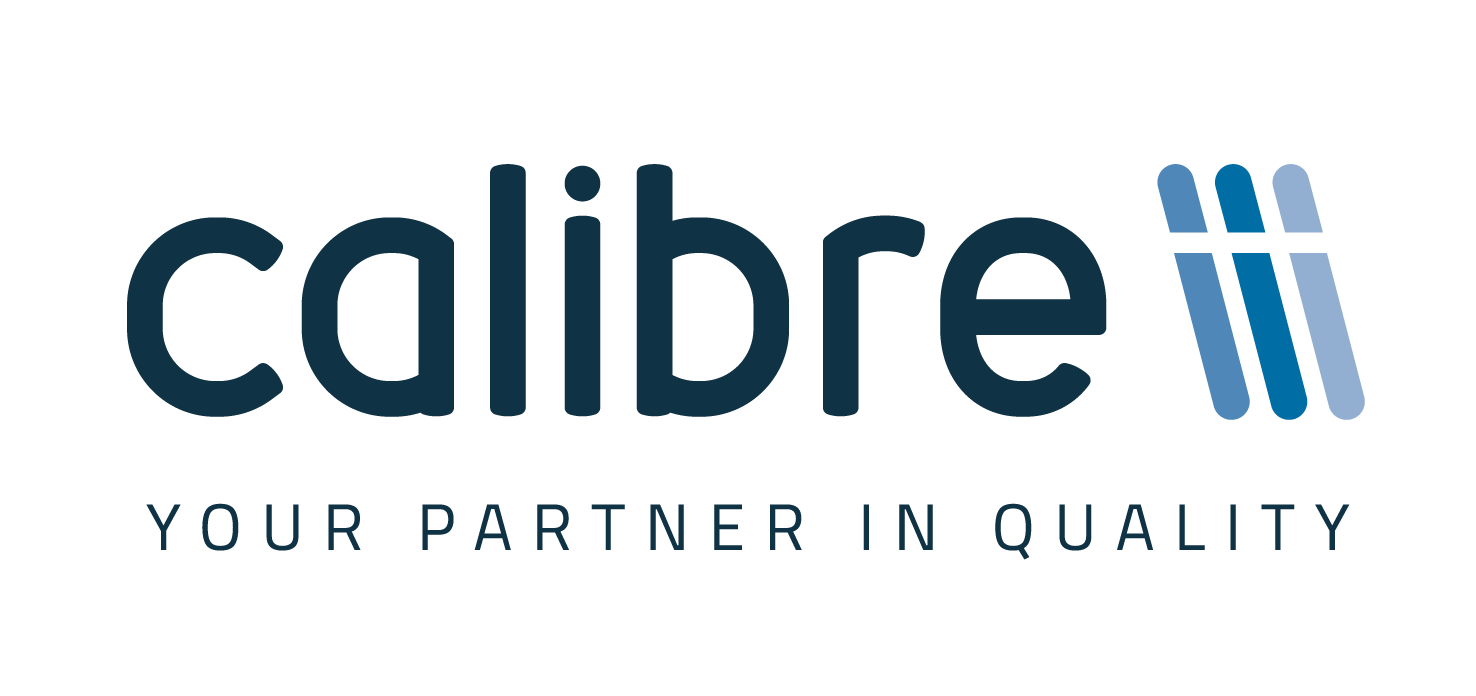What is moisture content?
While some industries demand water for their services and products, other sectors require minimum amounts of moisture because it can be detrimental for their products.
With this in mind, let's explore the role of moisture content in the food industry.
What is moisture content?
In general terms, moisture content is a measure of the volume of water, or water vapour, found within a substance. In the food industry, moisture content can be defined as any water that is present within a food product.
Excess moisture can make its way into food for several reasons, including the moisture found in the environment, the packing method, food storage, or interactions with another component of the food.
How do you test for moisture content in food?
It is important to note that water can be present in food. In some circumstances, it is surrounded by other water molecules known as free water. This can be located on surface particles, narrow capillaries or systems of pores.
It is common for this to occur in meat and dried fruit, for example.
This type of water content is adsorbed water, and it can cling to certain proteins. Owing to the presence of these free water molecules, it can be difficult to get an accurate reading for the moisture content in food as they are less likely to evaporate at increased temperatures.
In those instances, those who want to test the moisture content in food can rely on modern testing methods that provide a rapid analysis of grains, pulses and other foodstuffs for moisture content.
There are various tools for the moisture content in food including moisture ovens, UGMA Moisture Meters, Hand Held Moisture Analysers, Near Infra-red (NIR) Analysers and Diode Array (DA) Analysers.
Near infrared analysis (NIR) is an effective food-testing technique that can detect moisture content in wide array of foodstuffs.
When selecting a device to help you test the moisture in food, it is best that you do so with a company that has experience in the field so that they can give you the best advice relating to conducting the tests.
Why is measuring moisture content important?
The importance of measuring moisture content cannot be underestimated.
Not only is testing for moisture content in food vital in terms of production, but it also has the potential to reduce waste. This is because it can extend shelf life by controlling food’s moisture content to make it last longer, thereby supporting the environment.
Every type of food has a designated time within which it is safe to buy and consume. During this shelf-life period, the food in question must be able to retain how it looks, smells, feels and tastes, along with other chemical and physical properties.
When this period has passed, the food is declared unsafe for consumption and it must be disposed of.
Moisture content in food has a huge influence on its weight, texture, taste and how it looks. There is a agreed standard when it comes to food products, and deviating from that can impact the quality and consistency of the product. Furthermore, moisture content will reduce the growth of bacteria and extend food preservation times. This has the potential to reduce food waste by making products last longer.
On top of this, testing for moisture content is also important for meeting legal requirements in food labelling, establishing food’s dry weight, determining yield and knowing when a drying process has finished. For producers and manufacturers in both the food and agricultural industries, knowing the moisture content of products is essential not just for short term success but the long-term future of their business.
If insufficient moisture is found in food, it could have a detrimental impact on the end product. Alternatively, excess moisture can increase the rate of microbial growth, which can lead to spoiled batches. Also, too much moisture can hamper food processing systems, trapping food in pipes during production. Given water is essential for growth and metabolism, as well as supporting chemical reactions in food products, reducing water activity in food can decrease its rate of deterioration.
Owing to the fact that water is an essential facet of foodstuffs, it is important to strike a balance between too much moisture and too little to guarantee consistent and safe products.
How Calibre Control can help test moisture content in food
Calibre Control is an expert in its field for measuring and controlling moisture content.
Given the importance of monitoring and analysing food products for moisture content, it is important to use the right tools at each stage of the manufacturing process.
For example, the Perten DA 7440 above-line NIR analyser will test food for moisture as part of a conveyor production stage, automatically controlling and optimising moisture content. This is a fast, efficient real-time method of measuring moisture.
Other moisture-measuring applications include in-line testing instruments, which also measure and monitor processes in real-time, to ensure accurate optimisation. Our applications also allow you to test a range of food items, including moisture content in barley. Testing for moisture in barely is important because if it is at the wrong level, it can result in the growth of moulds and yeasts which can ruin the product.
There is no denying that moisture testing is a vital part of food production, as well as playing a huge role in the food process and product optimisation.
At Calibre Control, we believe you should have the best tools at your disposal when it comes to moisture content testing. We are passionate about the process of testing foodstuffs for their moisture content being a straightforward and painless process.
For any product enquiries or to get any more information on food testing equipment, you can get in touch either by phone on +44 (0) 1925 860 401 or fill out our contact form.
